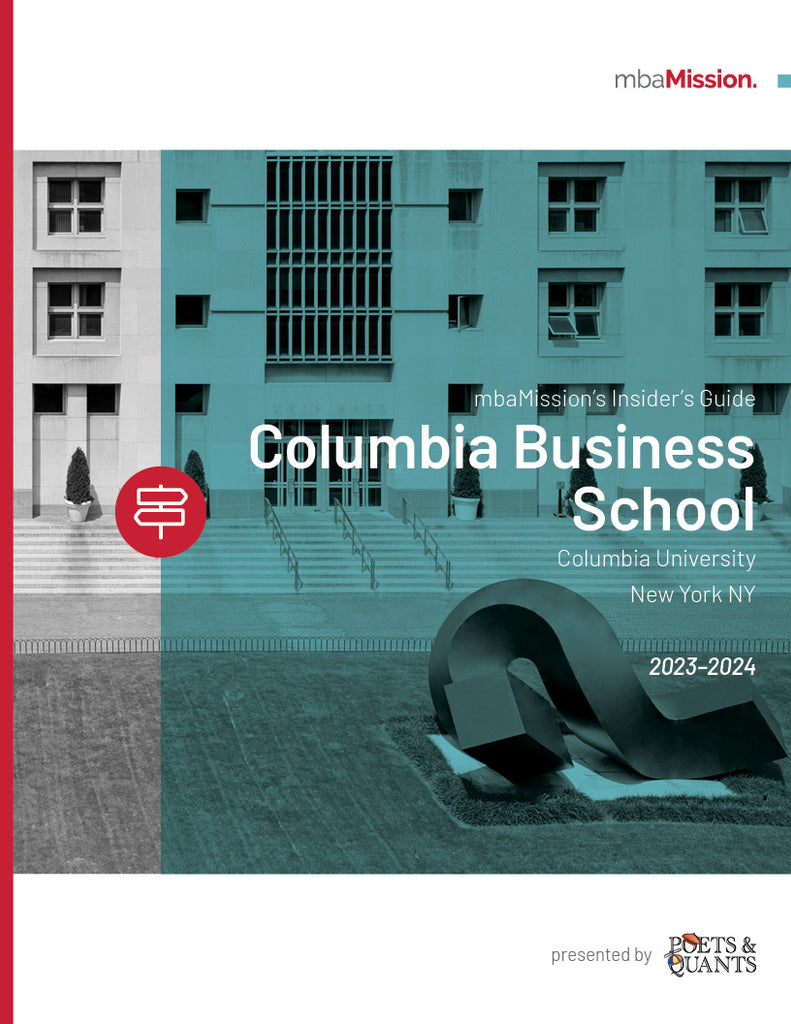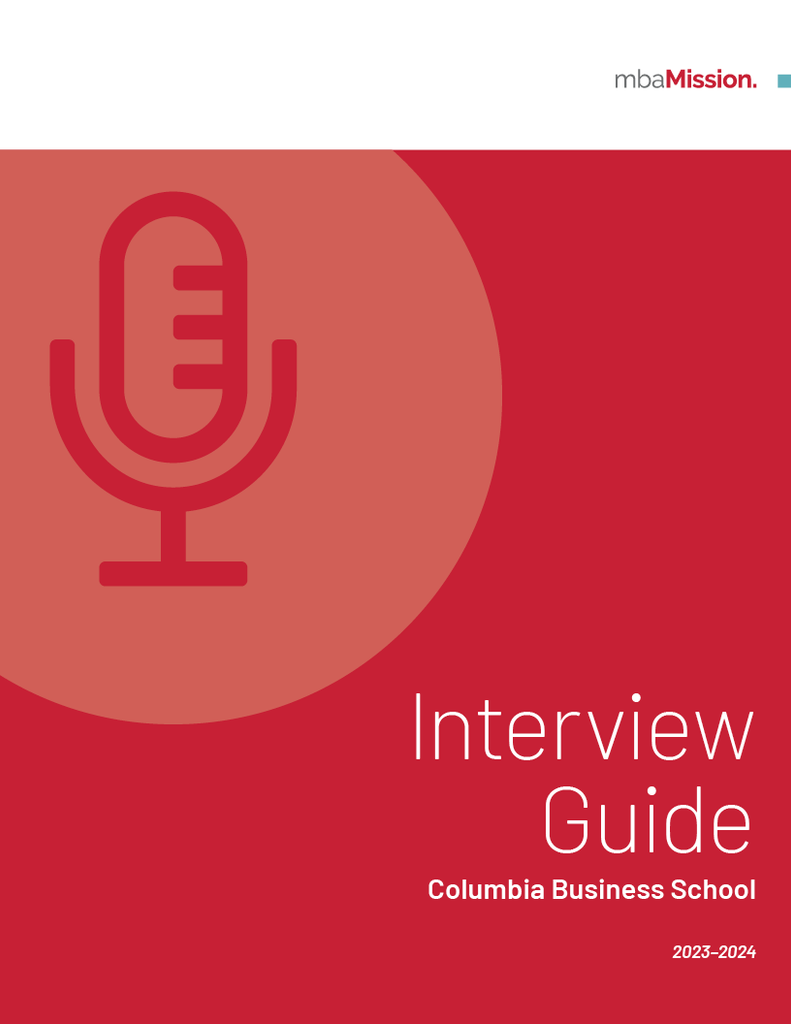The tag line of Columbia Business School (CBS) is “at the very center of business,” a marketing pitch that fits the school very well. MBA candidates say CBS’s New York City location stands out—for the access students have to industry leaders, alumni, notable faculty drawn from the local community, and plentiful opportunities for in-semester internships and experiential learning.
As one of the top-ranked business schools in the United States, Columbia Business School typically draws approximately 6,000 applicants a year for its August- and January-entry programs, with an intended total class size of roughly 750–780 students. MBA candidates want to join the ranks of powerhouse alumni such as famed investor Warren Buffett (MS ’51) and modern-day start-up success Siggi Hilmarsson (MBA ’04), who founded the Siggi’s yogurt brand, now sold in supermarkets globally. Although Columbia Business School is best known for its finance program, nearly as many of its graduates entered the consulting field (33.6%) than finance (36.9%) in 2022, and interest in media/technology has soared in recent years, with 16.0% of graduates entering the industry in 2022. The five companies that hired the most Columbia Business School graduates in 2022 were McKinsey & Company, Boston Consulting Group, Bain & Company, Deloitte, and Amazon. Earning a spot in this competitive program requires time, effort, and preparation, and mbaMission offers several resources and services to help you on your application journey.
Columbia Business School Insider’s Guide
Our Columbia Business School Insider’s Guide takes an in-depth look at life as a CBS student. Informed by insights from students, alumni, program representatives, and MBA admissions officers, this robust guide offers detailed descriptions of the school’s location, class size, curriculum, teaching methods, facilities, alumni involvement, and rankings, as well as courses, faculty, and clubs related to the most common career paths for Columbia MBA program graduates. Learn more about CBS’s cluster system, core curriculum, Master Classes, and hybrid teaching method, in addition to the Leadership Lab, the Jerome A. Chazen Institute’s Global Immersion Program classes and Global Study Tours, the famed Value Investing Program, the Paul Milstein Center for Real Estate, and the Tamer Center for Social Enterprise. The Columbia MBA Program Insider’s Guide also discusses opportunities to bond with classmates via such things as CBS Follies and the Fall Ball.
Columbia Business School Essay Analysis, 2023–2024
Columbia Business School (CBS) requires its applicants to submit a short-answer goal statement of just 50 words and three somewhat concise written essays. Like the goal statement, CBS’s first essay prompt is about candidates’ career aspirations, but in the long term and in much more depth (at 500 words). For their second essay, applicants must discuss a firsthand diversity, equity, and inclusion challenge, and for the third, they are asked to explain why they want an MBA from CBS in particular. Together, by balancing career goals with more personal, values- and character-based topics, the school’s essays should provide candidates with sufficient opportunity to provide a well-rounded impression of themselves as aspiring CBS MBAs. Read on for our detailed analysis of the program’s 2023–2024 questions.
In our MBA essay analysis, we provide in-depth guidance on each of Columbia Business School’s 2023–2024 essay questions:
- Short Answer Question: What is your immediate post-MBA professional goal? (50 characters maximum)
- Essay 1: Through your resume and recommendation, we have a clear sense of your professional path to date. What are your career goals over the next three to five years and what is your long-term dream job? (500 words)
- Essay 2: The Phillips Pathway for Inclusive Leadership (PPIL) is a new co-curricular program designed to ensure that every CBS student develops the skills to become an ethical and inclusive leader. Through PPIL, students attend programming focused on five essential diversity, equity, and inclusion skills: Creating an Inclusive Environment, Mitigating Bias and Prejudice, Managing Intercultural Dialogue, Addressing Systemic Inequity, and Understanding Identity and Perspective Talking. Tell us about a time you were challenged around one of these five skills. Describe the situation, the actions you took, and the outcome. (250 words)
- Essay 3: We believe Columbia Business School is a special place. CBS proudly fosters a collaborative learning environment through curricular experiences like our clusters and learning teams, an extremely active co-curricular and student life environment, and career mentorship opportunities like our Executives-in-Residence program. Why do you feel Columbia Business School is a good fit for you academically, culturally, and professionally? (250 words)
Click here to read our analysis
Columbia Business School MBA Deadlines (2023–2024 Application Season)
Round 1/January Term
September 13, 2023
Round 2
January 5, 2024
Round 3
April 3, 2024

